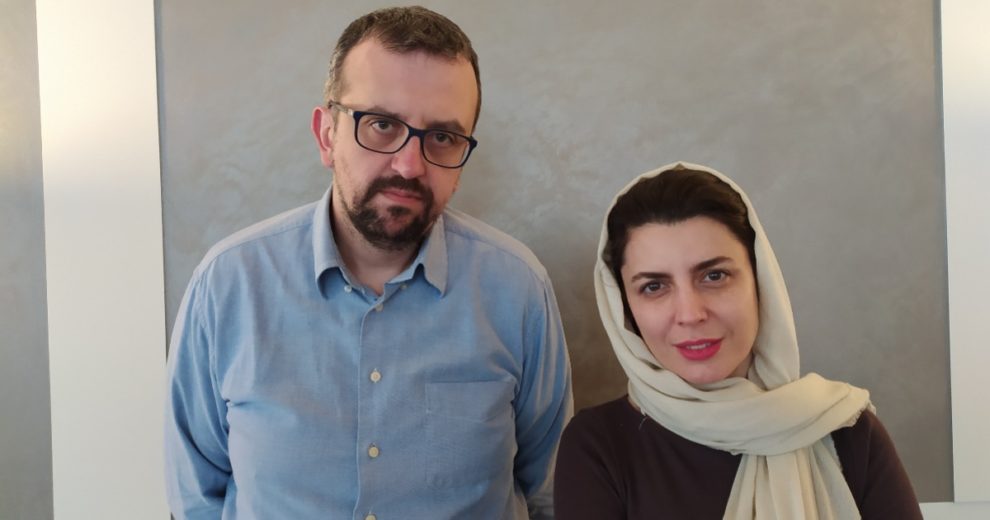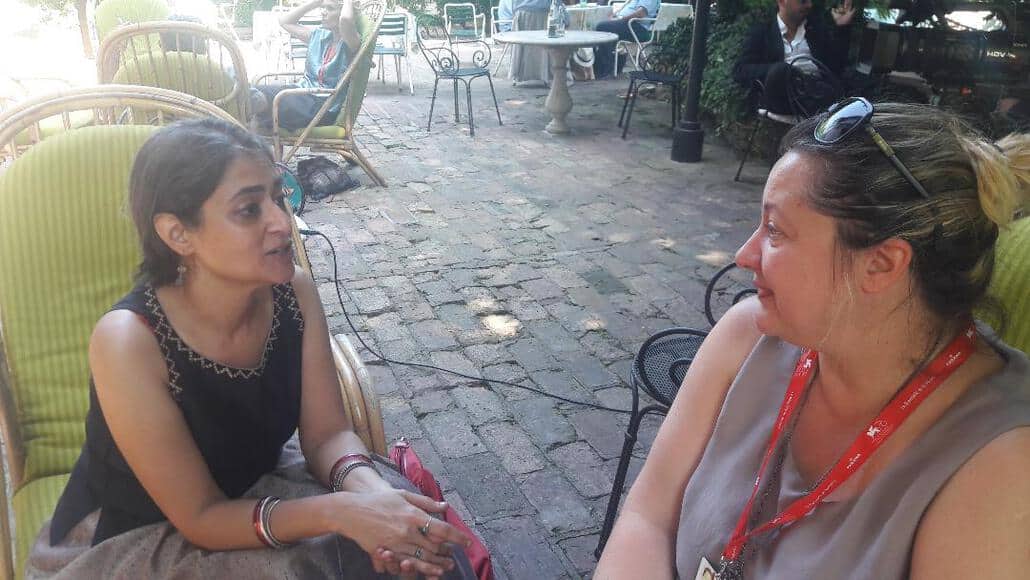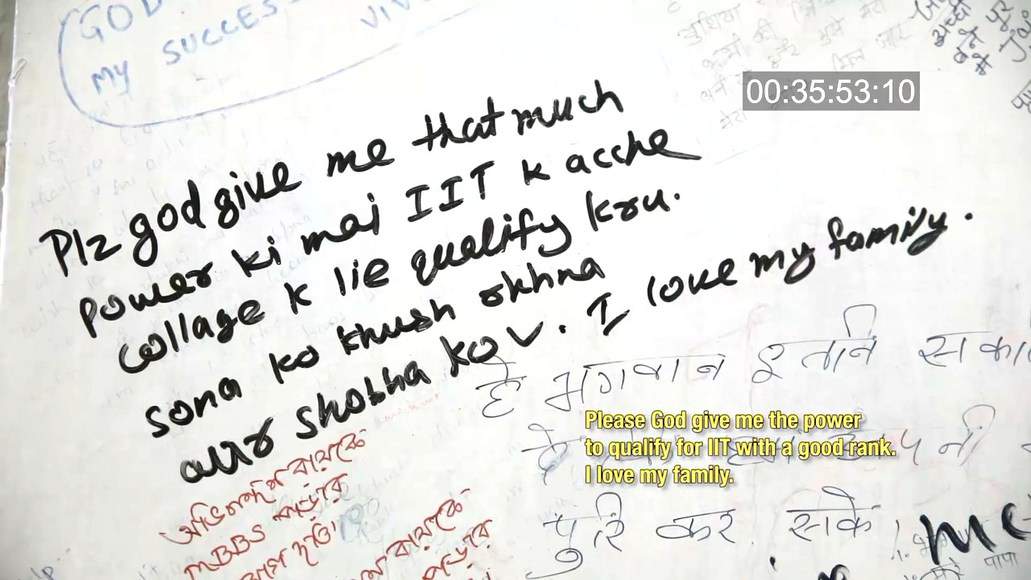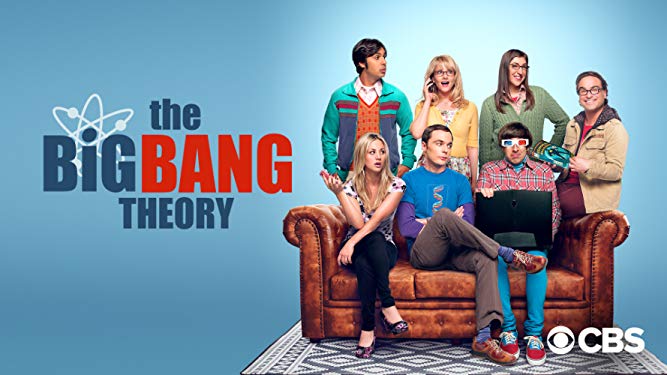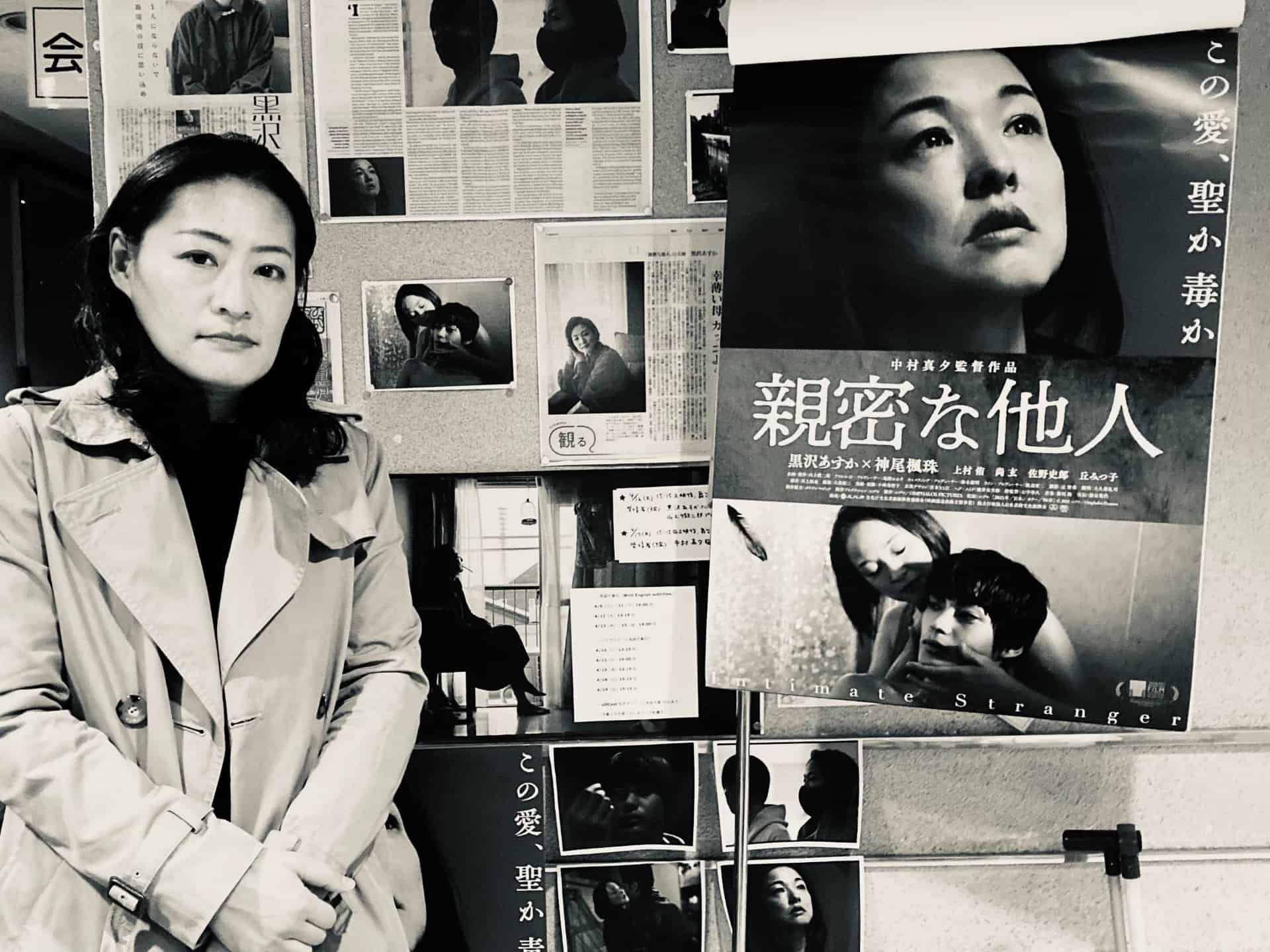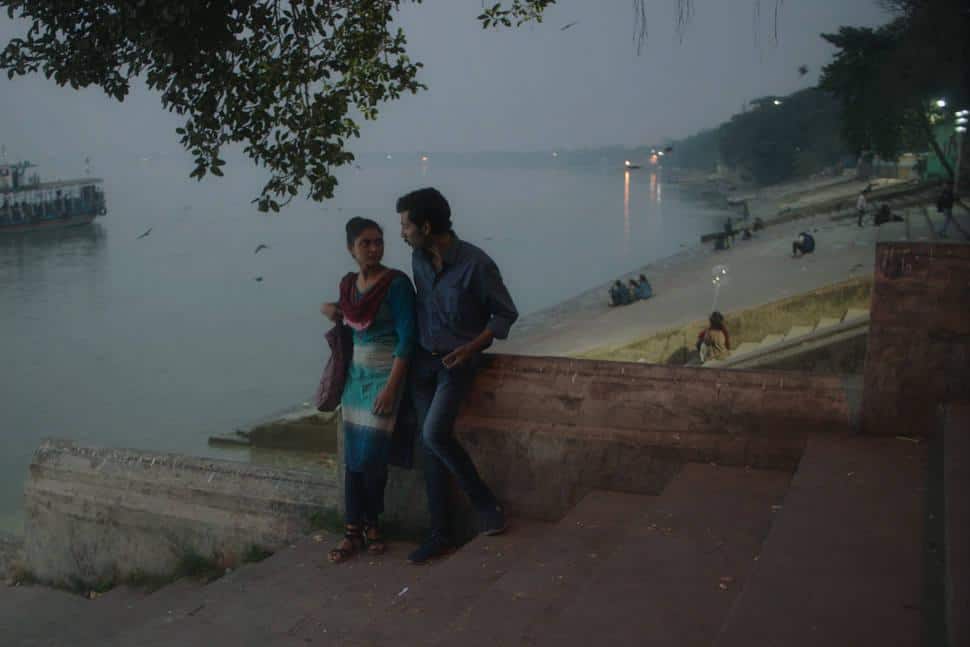Leila Hatami belongs to a family of artists. She made part of her studies in Lausanne, at the Polytechnical School, before studying french literature. Her role in “The Deserted Station” (2002) netted her the Best Actress award at the 26th Montreal World Film Festival. For “A Separation” by Ashgar Farhadi, a film that also received an Academy Award, she received the Silver Bear in the 2011 Berlinale and the 2012 Best Actress Crystal Globe from the Karlovy Vary Film Festival in the Czech Republic. She also has been jury member of many festivals, like the Rome International Film Festival and the 67th Cannes Film Festival.
On the occasion of her receiving the Honorary Golden Cyclo Award from FICA Vesoul, we speak with her about her father and his impact on her career, collaborating with Abbas Kiarostami and Asghar Farhadi, acting within Iran’s limitations and many other topics.
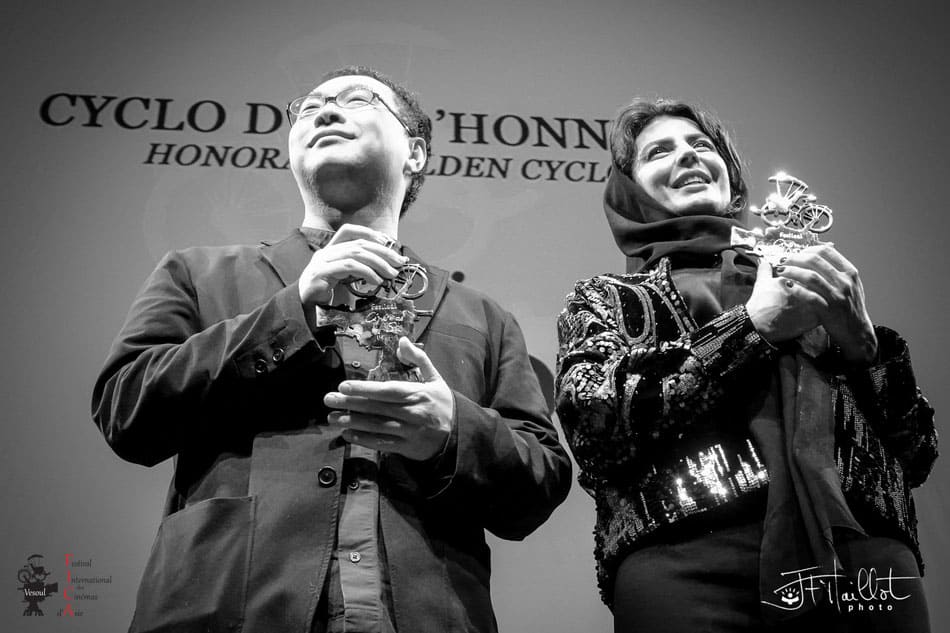
The fact that your father was a filmmaker, how much did it influence you in order to become an actress?
I think it is obvious. My father had an impact on me, maybe not himself exactly, but his life. In my childhood, it was not clear for me where the movie set ended and the house started. The people who worked for my father were my family, and these are not just words, I really mean it. Because we had been a very small family, since I am an only child, and the concept of family deviated to cinema, my father’s associates would come home and sit, eat and sleep, even for one or two weeks. Or we went to their houses and did the same. This also happened because at the time, it was very usual for people to be checked by patrols on the streets in Tehran during nights. So when someone was having dinner, for example, in someone else’s home, it was very frequent to also spend the night in that house, it was like a ritual of sorts. This also gave the opportunity for people to come much closer.
Later on in your career, you also acted for your husband. Would you say that was a kind of continuation essentially?
I did not actually understand the shift, it happened naturally. We were partners on stage and we knew each other, and then we got married, so I was first an actress and then became a wife.
Which was more difficult though, acting for your father or your husband?
This is a very good question. Both were difficult because when someone knows you, it is hard to interpret what a role demands in front of them, difficult to perform essentially. When I am acting I consider myself being at the filmmaker’s service, I have to make his order happen, and then perform. My job is to pretend, but when you have to do that in front of a person that knows you very well, it is very difficult to act, because you are very transparent, because he knows you too well. The second point is when people are really professional, they expect this element I just mentioned from their actors, that maybe they are not 100% all the time, and I was lucky to work with real professionals, in both the cases you mentioned.
How do you choose the roles you play?
As a professional, I consider the script and what my function is in the movie. Also, I need to think if the role will benefit or hurt me, in my career. As an artist, I also consider the pleasure factor, if I am going to enjoy playing a particular part. Sometimes, both apply, but this happens rarely, two times every ten years let’s say.
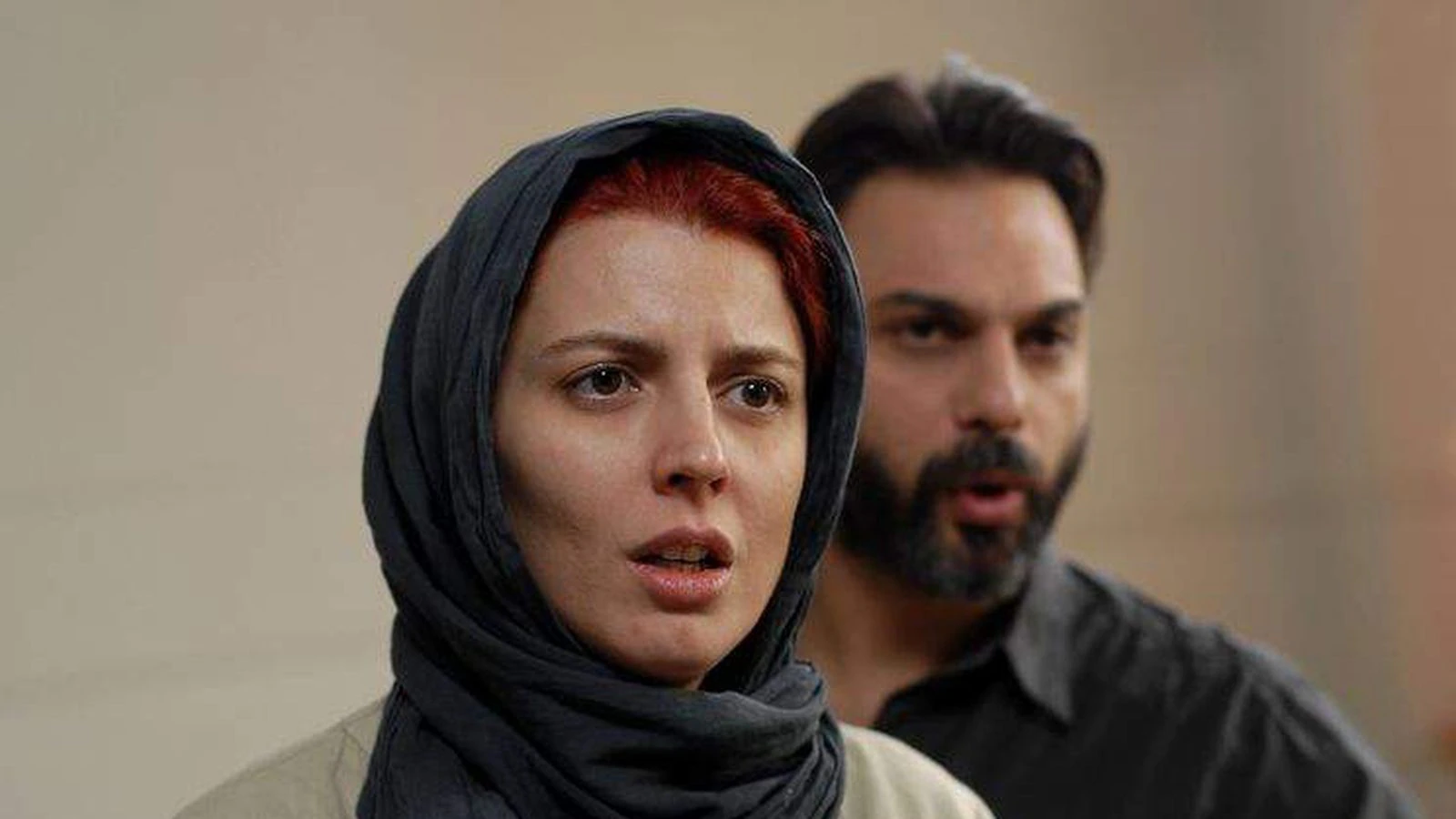
You have played in 43 movies. Do you sometimes find it difficult to get out of one role and into the next? Or to go out of the character and be yourself again?
If the script is well-written, the character is created fully on paper. Then, it becomes an outfit you put on for the part, and when you return home, you just put the outfit away. It is easy when the script is like that, but this is rare actually. People cannot create characters so easily, otherwise everyone would be a script writer. Therefore, most of the time, you have to put a part of yourself in it, you give something to the role, the character is actually built by you. But because this is you also, you move along with this character, even beyond the movie. The result, in this case, is the character becomes more like yourself, not the role the script writer has created.
On the other hand, if the character is very well written, it can actually influence your ideology. This does not happen from one day to the other, you gradually start to think in different ways. I don’t think a character in a film can really influence a person, it affects but it does not go so deep as to change your whole self. You wear the role, it touches your skin, but it does become part of your body. I don’t think the opposite, which many actors state, actually applies, or maybe I have not felt it or I had but I did not realize it consciously.
So you always know where the actress stops and Leila begins?
Yes. It is true that you put a lot of yourself in the roles, to the point that you can say that a character in a movie is a mixture of both yourself and the character, but I still know the limit. .
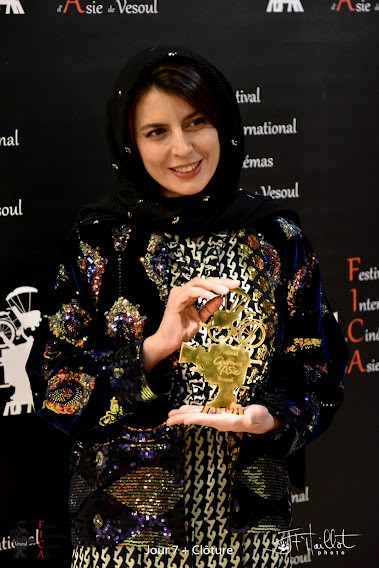
Can you give me some details about your cooperation with Abbas Kiarostami?
When the film was finished, we met and he asked me if I was satisfied with myself in the movie. I replied no and he said that it was his fault. He really meant it, he was not a person who played with words, whatever he said was the truth. Another thing is the way he shot me. He always created an atmosphere of lightness. He stood behind the camera, and he knew how to set up the whole thing, just like all professionals do. But a lot of directors, instead of making it easier for the actor, they are there and just order them to be prepared, like they are talking to a child. And they do not understand that this attitude can hurt the actor. Kiarostami however, was the opposite, he was a director who knew how to treat his actors. He put some points in writing, A,B,C, and then, when he was shooting you alone, he would ask you, for example, to look from point A to point B, he was helping his actors in that way, which I liked very much. He had a special way to make a good film, and I am not just saying this because he helped me. He had the ability to think about the others; this is important. Because when you are on one side, it is difficult to understand what is happening on the other side, but he had this ability to understand how the others felt.
So, why was your performance not good?
(laughs) Because I am also a bit difficult, I want things to be perfect. The first time he asked me, I refused to be in his film, because I wanted to have a special place, I did not want to have the same function with all the women in his films. I did not want to be another one in the body of all actresses, I wanted to be alone and to shine. I did not want to be used by him in some way. The third time he called me, and at the time he had been shooting his film for three years, he told me, “If you want to be shown, this is the best way to do this, by not being in my film”. At that moment, I realized that everything was obvious between us and so I decided to cooperate with him. So in my case, I was asked to show different feelings than the actresses usually showed in his films, I was smiling for example, and I do not like these feelings, I want to be emotional and cry. So maybe that is why I was not satisfied with my performance. I became an actress to be sad. I like these kinds of women, who are hysterical, fragile.
How was the experience of working with Asghar Farhadi?
That was also great. He is one of those directors, like my father, Ali Mosaffa, and a few others that I have worked with, where you have pleasure on the set. You feel that you are creating something meaningful, and the feeling is great. Because the “game” was serious. As a child, when I played games with my friends, I wanted to be serious, whatever the game was.
And also wanted to win all the time?
Yes! (laughter). Now however, recently actually, my perspective changed. I do not see winning as I did before, I calmed down. This does not mean I have resigned, but that my point of view has, my overview has changed. And I like this change, that I became more mature (laughter)
Can you tell me a bit more about “PIG”?
It was amazing, the director, Mani Haghighi, asked a lot of actresses to play this part, and they refused. He called and told me that he has asked other actresses and I told him that I would play the part, provided one particular scene is not in the film. This scene was very important for him, it was my character’s funeral and I didn’t want to see my funeral. The only time I should be at my funeral is when it is actually my funeral (laughter).
Was there a role that you would like to play and didn’t?
I always reply to this question, that I would love to play Nikita, I would love it. I also liked how she was dressed, her lightness, her indifference, her detachment from the world. That was 20 years ago, however, now I cannot see myself in this role, my age has changed, my mood has changed, I have become too related to the world.
How is the situation with Iranian industry regarding actresses? Is it easy to make a career?
Yes, but maybe I am not the right person to answer this question, because, essentially, I started from the top, I didn’t start with small roles. My first film, “Leila” is still my biggest film. 25 years ago, I starred in a film that changed its title to my name, which signifies how important my presence was. It was very ‘red carpet’ for me from the beginning (laughter).
Do the limitations that exist in Iran cause significant issues for you, regarding your acting?
After my first film “Leila”, I was in Thessaloniki, and somebody asked me this question, and my answer was that these limitation can actually help me to be more creative, because I have to act only using my face, I have no other “accessories”, except the lighting and the way the directors chooses to shoot me. Apart from these, I have nothing else to help me show my feelings. This is very hard, because I have to go really deep inside me to portray what needs to be portrayed, to do my job as an actress. This, though, makes me better. During Covid, one of my friends lost her mother and I went to the funeral. There was a moment when I met her, and I wanted to hug her, but it was impossible due to Covid. What I could do was look at her and express myself from the inside, which is essentially the same I do with my acting, within Iran’s limitations. But now, everything has changed, everything is more relaxed. If you see my films from 25 years ago, the scarf had to cover almost everything apart from the face, but now it is a bit more wide. The other thing is that I started working as an actress with these limitations, and I have practiced acting in this way, so now, I am not conscious about my effort, it comes automatically. In the beginning, however, it helped me be more serious, to act from the inside.
Are you working on anything new at the moment?
I have many new projects and I am happy about them, also because directors have improved a lot during the last years. Due to the internet I think, and its impact on knowledge and technology, which has also given people more confidence in the way they think and the way they do their job. Creativity has increased and the way filmmakers do things has improved. Before, had to have special ideas for every aspect of the movie, but now the ideas are just there. Even thinking became an ideal everyone can have. The internet changed everything.

Have you ever thought of becoming a filmmaker?
I had this idea in my mind from the beginning of my career, but it was never a desire or a need. Maybe the problem is that I am in front of people who expect this thing; when people expect you to do something, it is difficult to define if you want something or if you are just responding to expectations. When you are an actor, people expect you to also shoot films at some point, in my case also because my father was a big director and passed away very early, and maybe people want his daughter to take his place.
In my mind, the director is the chef and the actor the waiter, two completely different jobs. Even though they are in the same place, in the restaurant, they are very different. And the chef has to want to cook and to know how to cook, but sometimes, as a waiter, you become curious about the chef, about what he is doing there. The waiter is very important of course, because they can affect your mood and the way you enjoy what you are eating. You can eat the best plate, but if you don’t like the waiter’s attitude, you may even want to turn the table upside down. I realized this recently, because years ago I thought that the director was the painter and the actors the colors, that the idea and the material have equal effect to the end result But as a point of view, it is different that the example of the cook and the waiter, the first one is more of how the actor considers the collaboration with the director, and the second how the filmmaker does.


